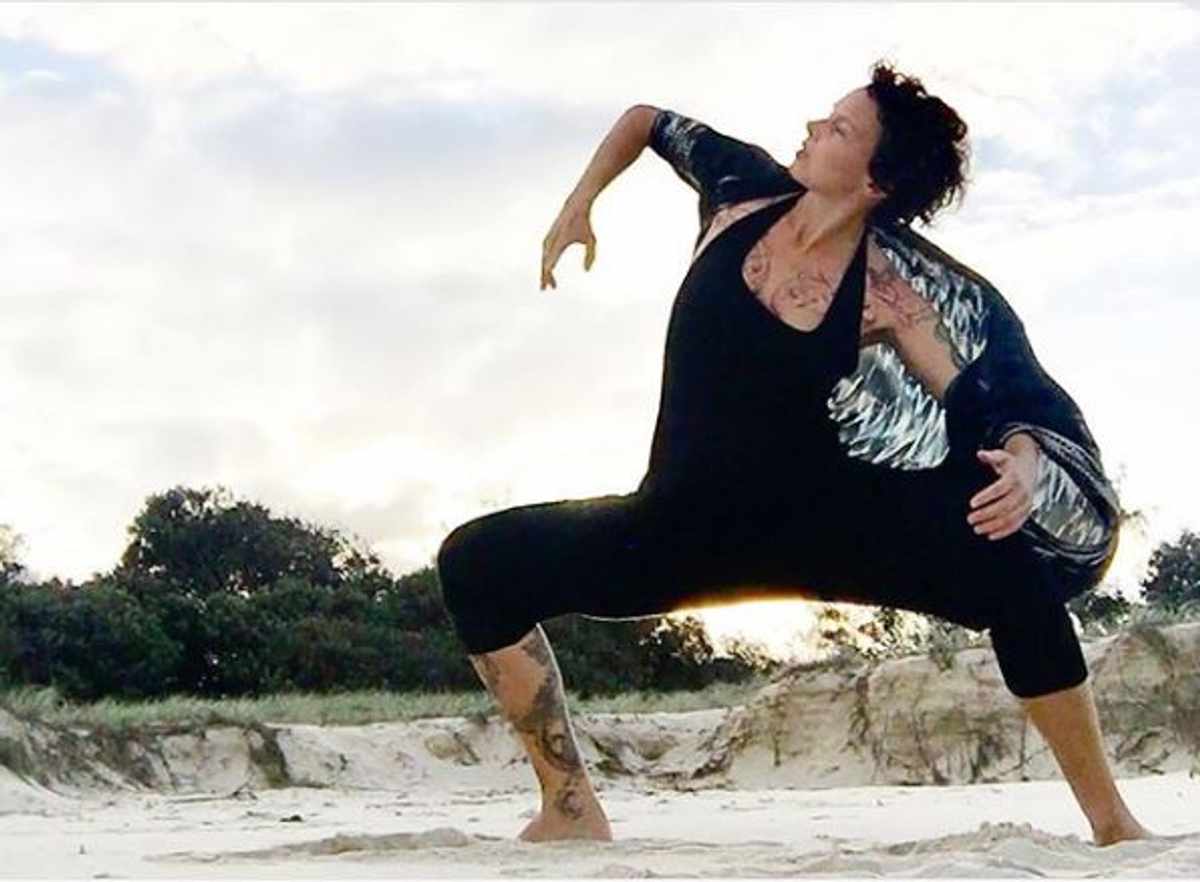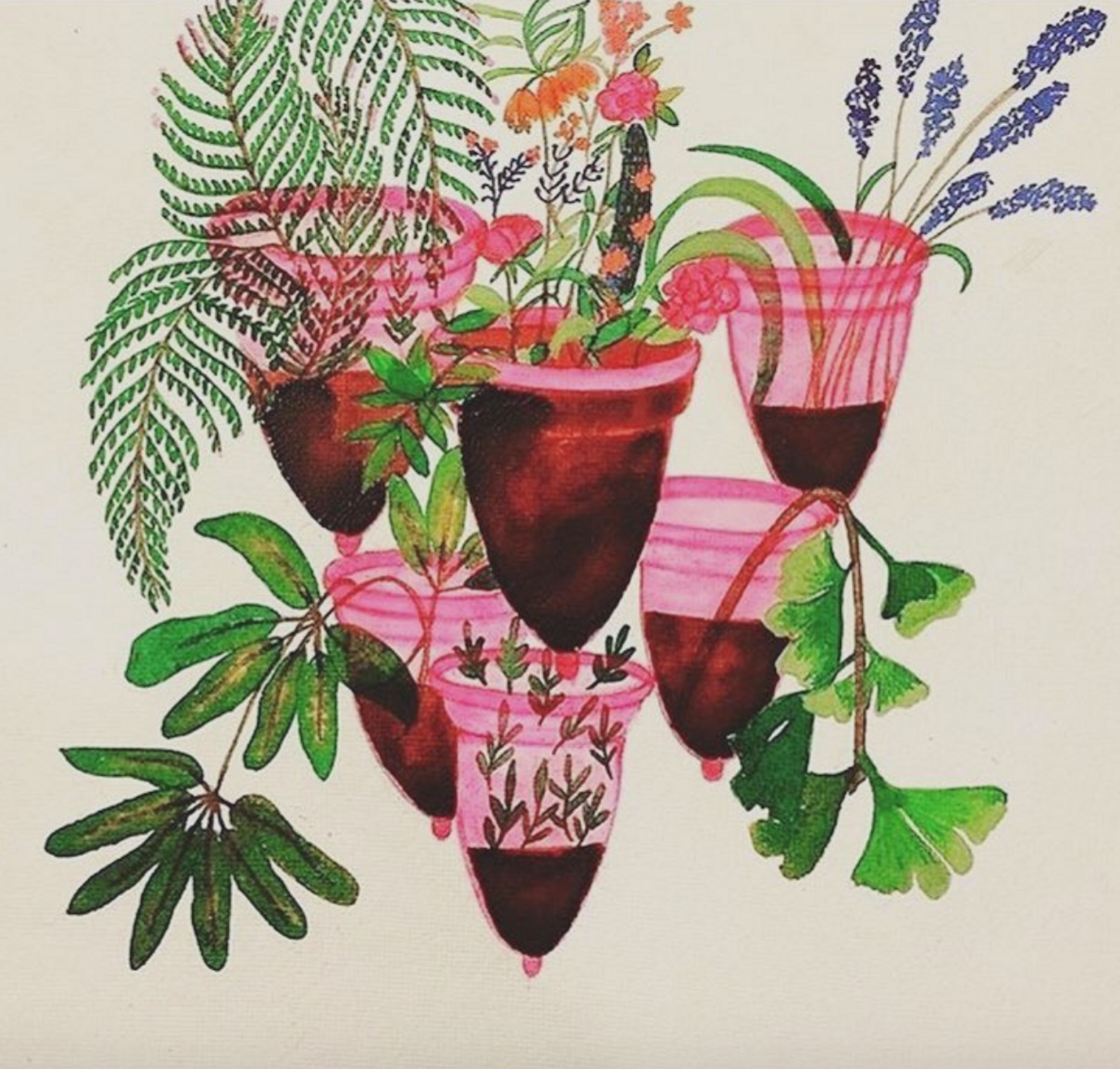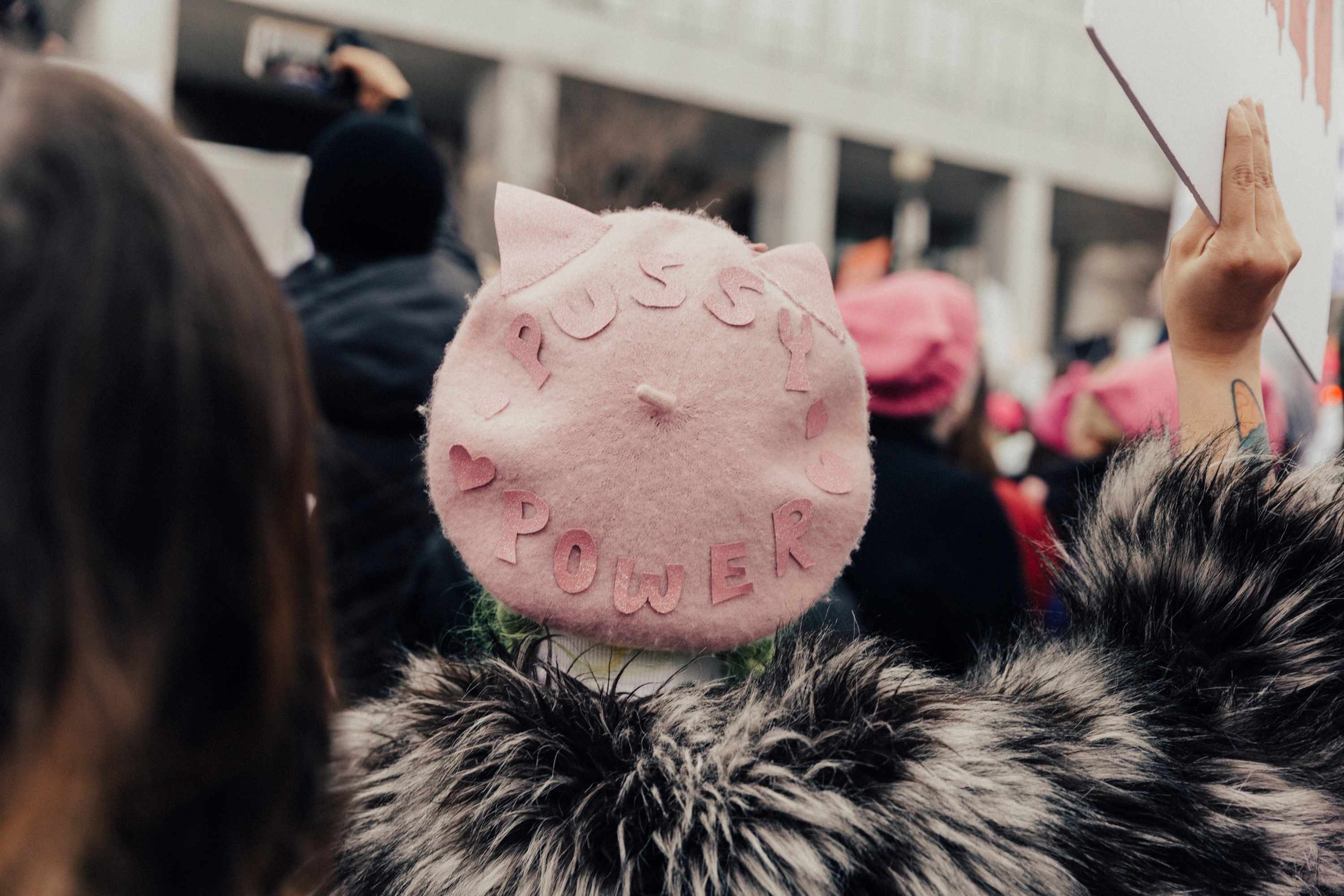“It is clear that giving space to women leads to richer societies”
“It is clear that giving space to women leads to richer societies”

“It is clear that giving space to women leads to richer societies,” says the World Bank’s interim president, Kristalina Georgieva in response to its latest report on gender discrimination.
By ‘richer’ she refers to our global economy, which could be boosted by an estimated extra £120tn, were it not for this missed opportunity.
I’m wondering though - as we confront ourselves with our reality of a global climate breakdown and ecological collapse - how many of us still believe that what we really need is a more financially prosperous world? The idea that we can carry on with ‘business as usual’, unquestioning our default methods and the narratives that underlie them, seems increasingly absurd to a growing number of us.
While I fully support and celebrate equal opportunities for women, as someone whose passion lies in researching female leadership, I am curious about what gender equality could offer in terms of creating a different kind of ‘richness’ in the world.
And to elucidate that, I’m going to have to suggest something terribly taboo, that we don’t really like to talk about:
Men and women are different.
There, I said it.
So used to having our differences being used against us in our painful history, we’ve seemingly done our best to avoid this awkward fact, taking great comfort in research that suggests there are either no significant differences or that any that are found, are irrelevant. We breathe a sigh of relief with our assumption that any differences found must merely be culturally imposed, and pat ourselves on the back for how progressive our stance, as we transcend the follies of such old fashioned clichés and stereotyping.
What I don’t understand is how does the slightly awkward fact that we have different bodies, not profoundly affect us and our experience of being in the world, beyond all cultural conditioning? What if there is a ‘richness’ in our diversity that we haven’t yet fully realised? What if we’ve sacrificed that in our misguided quest, assuming equality must mean similitude?
Imagine the fundamentally distinct experiences of a little girl and a little boy as they explore themselves in the world. The subtle yet significant difference between discovering genitals that are either exposed for us and the world to see, or hidden away and somewhat mysterious. Or the experiences of looking at our mothers and seeing either our similarity or difference, depending on our gender. How might these experiences we all go through impact the formation of our psyches and the way we relate to life?

This is perhaps of lesser weight however than the rather obvious yet shockingly neglected fact that those of us with wombs not only have different levels of hormones affecting our experience of life, but that we are fundamentally cyclical. Our ever shifting hormones mean that a wide range of different aspects within us are changing on a daily basis, including our energy levels, our ability for critical thinking, creativity, sensitivity, empathy, communication and problem solving skills.
And yet on we trundle, going about our lives as best we can in the default linear way, as laid out before us. Menstruation for most of us is just one of those annoying aspects of being a woman that we try to ‘manage’. The less it impedes the important stuff in life the better. In the name of equality and the need to emulate men to prove we’re just as competent, we’ve ignored one of our most precious attributes.
While all of life is cycling around us, we humans have seemingly decided that we are the exception with our striving for perpetual, linear growth, regardless of the consequences.
My life has significantly changed for the better since I began my inquiry into myself as a woman, through exploring my body and its cyclical nature. Listening carefully over time to my internal tides and what they reveal, has given me a radically different sense of belonging and connection to myself and the world, and transformed my entire relationship to being a body.
It sounds funny doesn’t it? Being a body.
The traditional ‘having’ a body is a rather revealing mirror of how many of us feel our bodies as a separate part of us: a kind of ‘brain-taxi’. It’s this disconnect that’s mirrored in the way in which we treat our planet.
What has been deeply fascinating throughout this exploration, has been having my cultural conditioning thoroughly challenged. It has made me become so much more aware of which qualities we are comfortable with and value as a culture, and which are considered taboo or of lesser value, and how I have internalized these judgments.
In the first half of my cycle I am full of extroversion and inspiration to go out into the world and tick off my to dos; life and I get on just fine.Bring on the increased level of progesterone after ovulation and it’s a different story. As I head towards menstruation, I start slowing down, becoming increasingly sensitive to my surroundings and more likely will need to set boundaries. My capacity to feel emotions is increased. In this slower, thin-skinned state I sometimes feel so emphatically attuned, I can literally feel the pain of the world. I grieve and rage for our shared, collective injustice.
Progesterone also has a fascinating property of supporting us to see ‘beyond the surface’ so I become sharply attuned to anything that’s not in integrity in my life or the world around me (hence why so many women brake up with their partners just before they menstruate). My menstruation - like the season of winter - is a time when my body is telling me to let go into deep surrender and rest. It is this deeply internal and restful state that enables me to then welcome another phase of creativity with renewed energy and enthusiasm.

If we carry on in our linear lives with business as usual, the changes we go through in this second half of the cycle can understandably cause us to feel irritable - which is what we’ve pathologized and called PMT (I like to call it Pre-Menstrual Superpowers). When we respond to the second half of our cycle and use it to guide us, rather than attempt to overrule it, it becomes a political weapon: a powerful antidote to our culture’s misguided obsession with perpetual growth and productivity. An embodied rebellion against the way we have normalised oppression, towards our bodies and also far beyond. A direct transmission that the best outward directed action is inspired from a phase of deep listening, connecting and non-doing.
I’m not saying that these qualities are exclusive to women. I do believe however, that as our bodies contain a blueprint of the archetypal life cycle, we do have easier access to this more holistic view. This doesn’t make us better or worse, it just makes us different: an element of diversity, I believe worth celebrating. After all, in this pivotal moment on our planet, isn’t it time to start questioning the way we’ve been doing things and the stories we’ve told ourselves? Isn’t it time in our striving for equality, to be curious about what ‘richness’ women might have to offer that lies beyond boosting the economy?
Find out more here - www.alchemy-eros.com, www.sensingthechange.com


